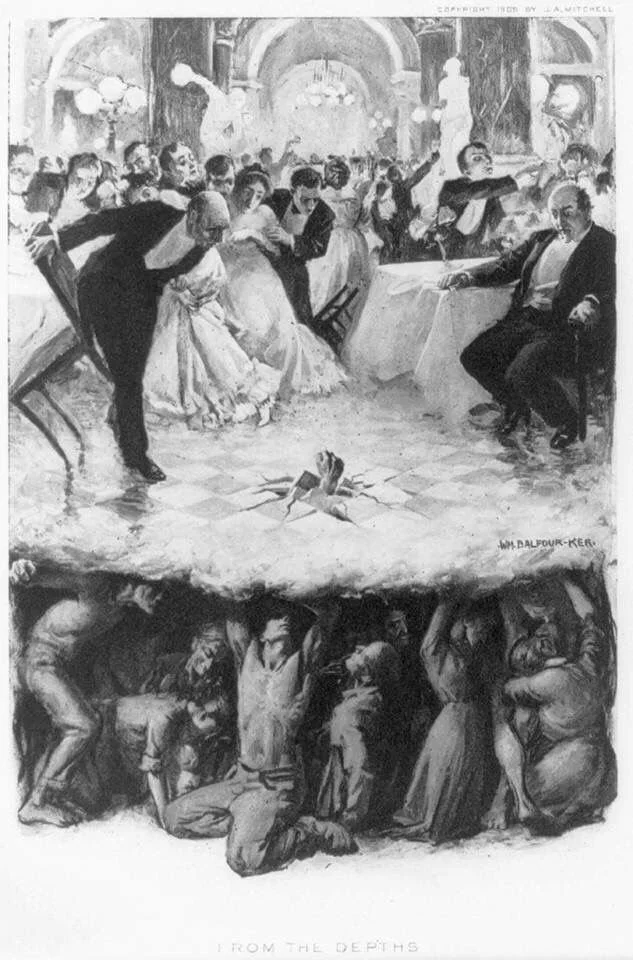III. The Narcissism of a Nation
Entitlement as the American Disease
Narcissism begins with a simple but devastating creed: my needs matter more than yours. Psychology has given it many names over the years — vanity, arrogance, self-absorption — but its truest anchor is entitled self-importance. In individuals, it wears two faces. Sometimes it struts as grandiosity: the boastful leader, the invincible fighter, the man who believes himself chosen. At other times it shrinks into vulnerability: the fragile ego, hypersensitive to insult, reactive to shame.
The Narcissism Spectrum Model places these faces — boldness and reactivity — on a continuum, showing how they are braided together in the same personality. Grandiosity protects against insecurity; vulnerability lashes out when pride is threatened. In this way, narcissism becomes both expansive and defensive, serving as both conqueror and victim.
A nation can absorb these traits just as surely as anyone, and America’s story is haunted by its own narcissism. The rhetoric of destiny, supremacy, and chosen-ness provided the gold-star justification for conquest, slavery, and exclusion. The belief that one’s greatness need not account for others’ suffering allowed domination to masquerade as hope and progress.
Nowhere was this more visible than in the South. The planter aristocracy carried themselves with theatrical grandeur and embodied the bold face of narcissism — proud, ambitious, swelling with self-importance. But beneath that splendor ran the fear of being insulted, dishonored, or displaced. The Southern way of life meant that even a minor slight could trigger violence, since allowing an insult was the equivalent to admitting weakness.
This duality made the South both magnificent and brittle. Boys were raised to believe that masculinity required vigilance, aggression, and readiness to avenge any injury. Women were placed on pedestals so high they could barely breathe — revered as the symbols of purity, yet blamed and rejected if they stumbled. Sexism seeped into proverbs, laws, and daily speech. Rape myths circulated freely, excusing men and disregarding women: she wanted it, she’s a liar, it wasn’t really rape.
Enslaved people bore the greatest cost. Entitlement transformed human beings into property, and supremacy into law. When emancipation toppled the slaveholding order, the South’s narcissistic wound deepened into fury. Out of the ashes of defeat, Jim Crow rose — a system designed to restore white supremacy through humiliation and violence. In psychological terms, it was the reactivity of vulnerability made systemic: the fragile ego of a culture lashing out in terror of equality.
The Narcissism Spectrum explains this paradox well. Grandiosity builds empires; vulnerability rages when they crack. The South embodied both: bold in its claims of superiority, yet hypersensitive to insult, constantly on the edge of rage. What played out in duels, lynchings, and laws was not about political disagreements — it was a clear representation of the psychology that prevailed in Southern society.
And America, as a whole, has never reckoned with how we’ve allowed things to progress. Entitlement, born of conquest and supremacy, still shapes our institutions. We see it in politics that equate compromise and compassion with stupidity or weakness. We hear it in pulpits that confuse dominance and control with virtue. We witness it in a culture that exalts exceptionalism yet bristles at criticism. It is the same brittle pride, the same refusal to admit fault, the same hunger for specialness at any cost, that has created the very weakness we have been so afraid of.
To name this legacy is uncomfortable, because narcissism is skilled at denying its own existence. But healing will demand precisely what narcissism cannot endure: humility. Humility to face the past, to admit wrongs, to recognize the worth of others as equal to one’s own. Without it, the disease lingers, repeating its old cycles of pride and pain. With it, perhaps, a different inheritance becomes possible.
